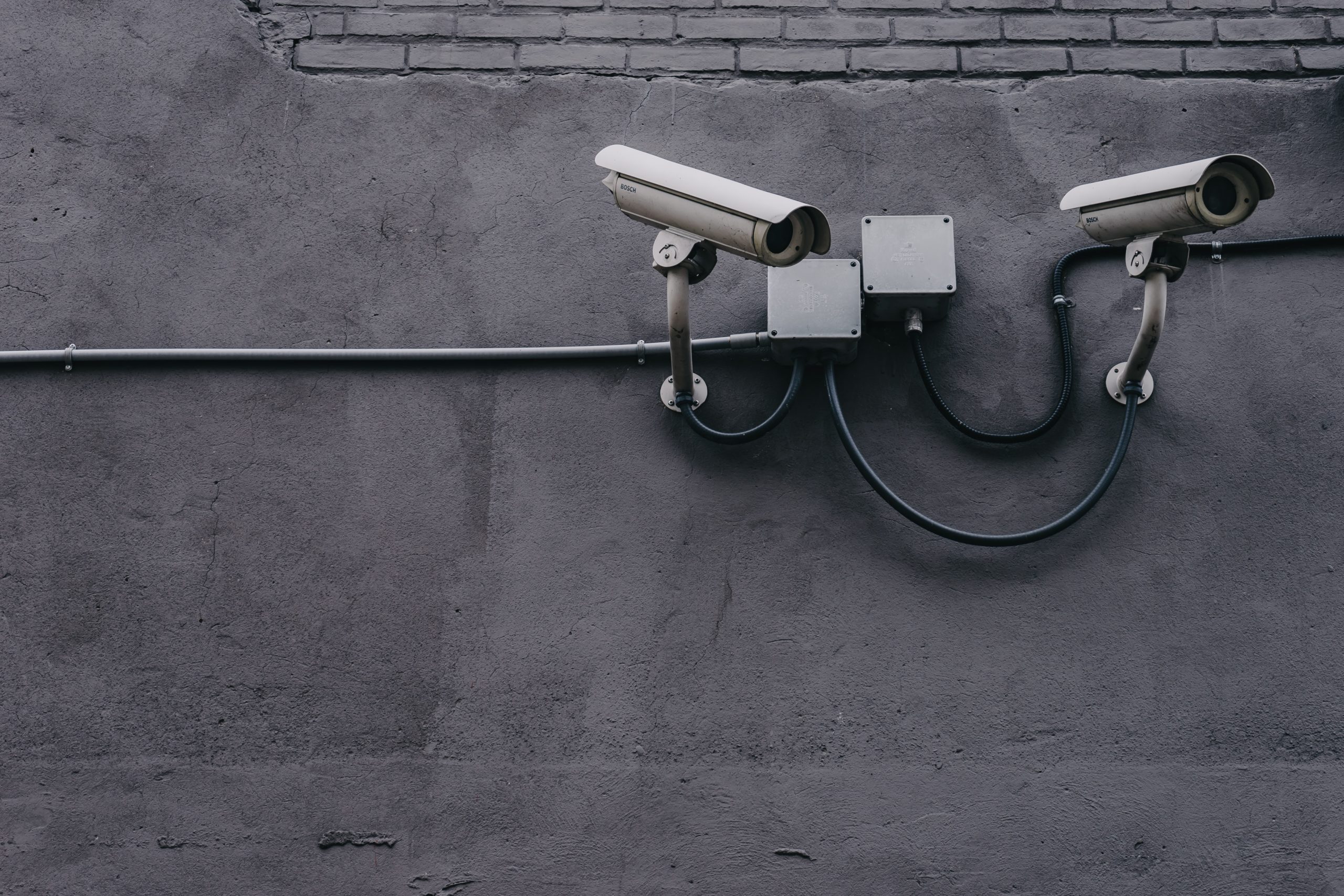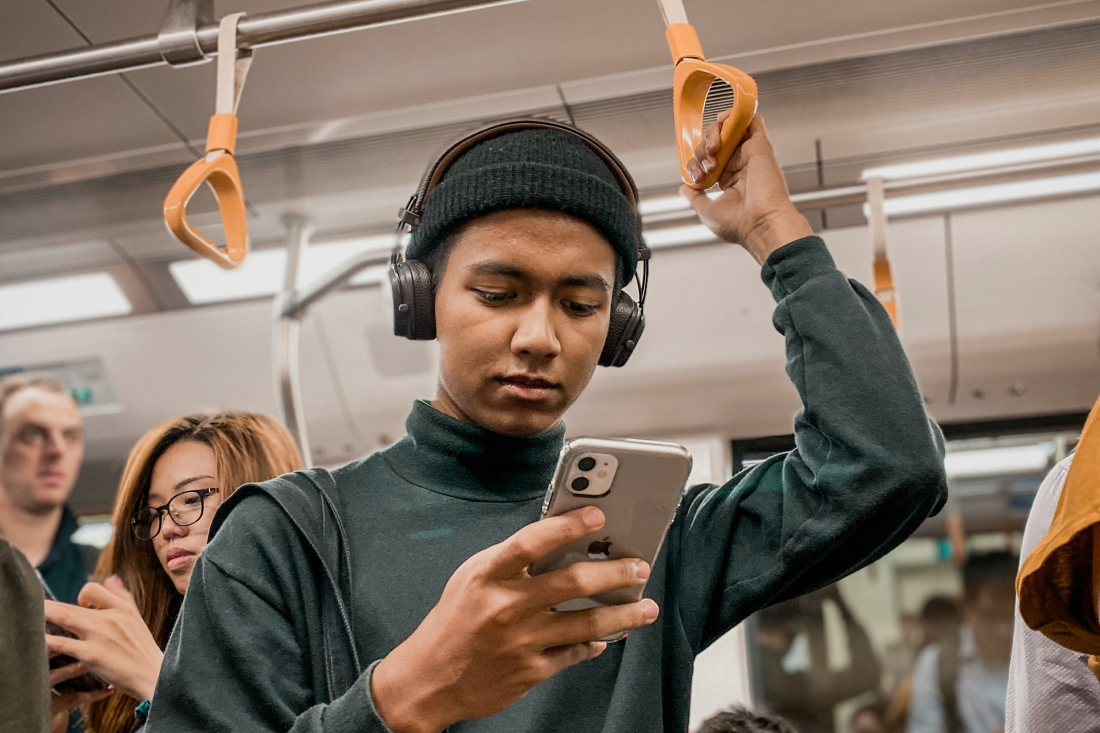June 25, 2020
Who Is Selling Your Data…And 5 Ways to Protect Yourself

Every time you call, share, search, or go anywhere with your phone or computing device, data about you is being gathered, organized, and sold. Here are three types of data that are collected and sold, and some tips on limiting data tracking and protecting your privacy.
Location Tracking
Right now, your smartphone is likely recording information about where you are right now. If you’re moving, it might also be noting what direction you’re heading and at what speed. These are all essential functions for maps and directions, but this information is also useful for selling you things, known as targeted advertising.
Chances are, you gave permission for your data to be collected and sold. Buried somewhere in the Privacy Policy or Terms of Service of your phone, your service provider, or one of the many apps you use, you clicked ‘yes’, allowing information about yourself to be tracked and shared. Check your app, phone, or computer settings to see what apps are collecting your location data and turn off access unless needed.
Search Engines
Targeted advertising is also powered by what you search for. When you search and click through to a website, Google (and most other search engines) record this, building a “map” of what you’re interested in. Remember how you were looking at jeans from a brand you like and how you’re seeing ads for that brand on other sites? That’s Google taking your data and sharing with companies, who then target you with their ads.
Social Media
Facebook, and almost all social media sites, are notorious for collecting user data to build profiles that provide insights into interests and habits. Most of them rely on selling your data as a major source of revenue. Your data is then used for ad targeting. However, platforms also use the same data to build algorithms that help you find and connect with friends but also serve you content that keeps you using the platform longer.
What if I don’t want my data tracked and sold?
If you’re not comfortable with being tracked, what can you do to reduce or cut the amount of data collected?
1. Mask your identity
When browsing the internet on your phone or computer use a VPN (virtual private network) to mask the IP address of your device. This prevents others from knowing who exactly is visiting a website, and from where. For services that track information about your calls and emails, consider using an app like Hushed, which allows you to pick a disposable phone number, protecting your privacy if you think your call data is being recorded
2. Be selective about what information you share
While it’s great to be able to share stuff about your life with your friends, you need to consider who else may be able to see that information.
3. Keep track of what is able to see your data
It’s recommended you do regular security checkups on your devices. While you’re at it, check what apps you have, what information they have access to, and what information they collect. You might also want to consider using services that make a point of not collecting data about their users (ie use DuckDuckGo instead of Google).
4. Use Private or Incognito browsing
It’s not just for hiding your browser history! Incognito mode also blocks or deletes tracking information stored in your browser to help you browse with more privacy.
As more and more data is tracked, understanding what information is tracked, who is tracking it, and how it is being used can help you balance online privacy with convenience. Don’t be afraid to say no to intrusive tracking and use services that clearly explain what information is being collected… or use tools that don’t collect data at all.



